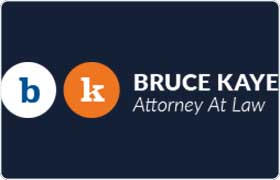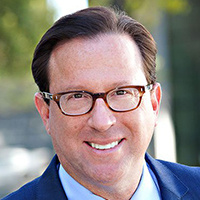Irving Misdemeanor Lawyer, Texas
Sponsored Law Firm
-
 x
x

Click For More Info:
-
Law Offices Of Bruce C. Kaye
400 N. St. Paul St.1110 Dallas, TX 75201» view mapCriminal Defense Law Changing Lives, One Case At A Time
The best thing about running my own practice is the opportunity to give my clients the individual attention they deserve.
800-920-9461
Stephanie Marie Almeter
Lawsuit & Dispute, Employee Rights, Misdemeanor, Criminal, Civil & Human Rights
Status: In Good Standing Licensed: 13 Years
Sean Edward Pevsner
Discrimination, Civil Rights, Wills & Probate, Misdemeanor
Status: In Good Standing
FREE CONSULTATION
CONTACTRobert R. Smith
Motor Vehicle, White Collar Crime, Misdemeanor, Felony, Criminal
Status: In Good Standing Licensed: 49 Years
 Bruce Kaye Dallas, TX
Bruce Kaye Dallas, TX
